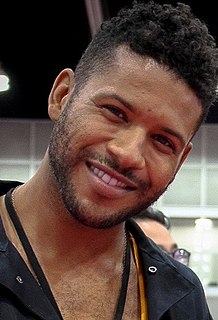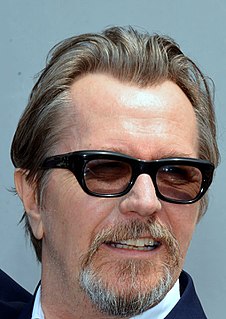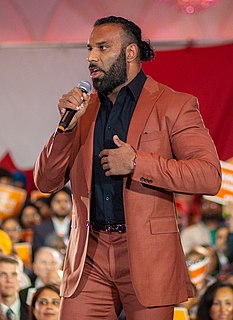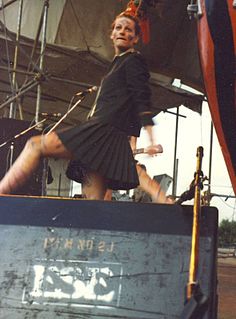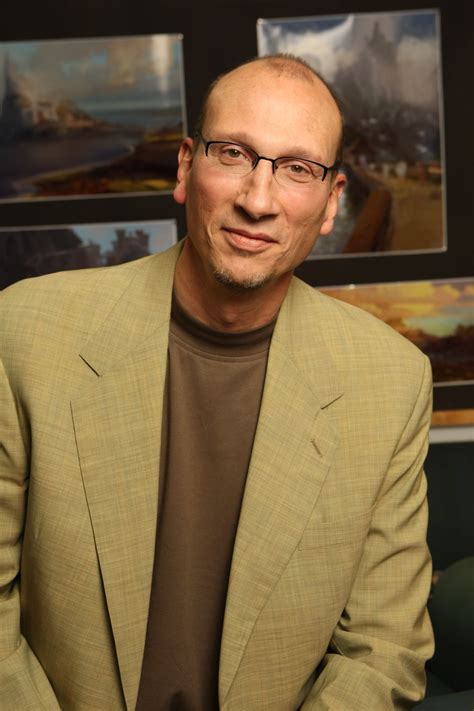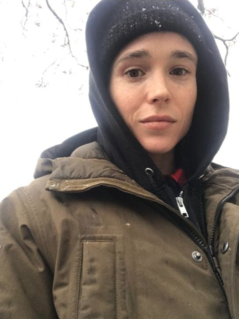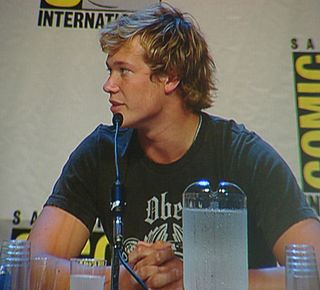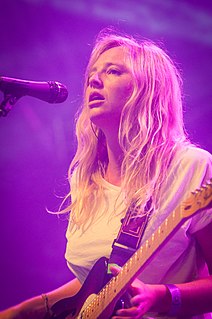A Quote by Jeffrey Bowyer-Chapman
I had examples from a very young age of gay actors or personalities coming out in late '90s and early 2000s who faced a lot of backlash and didn't have a lot of support and risked ruining their careers.
Related Quotes
A lot of people say I've missed out on a lot because I started acting at such a young age. What's so obvious to me is that I actually was really lucky. I gained a lot and I got a head start in what I wanted to do in life. A lot of people in their late 20s, early 30s are just beginning to figure out where they want to go.
When I was a kid, a lot of my parents' friends were in the music business. In the late '60s and early '70s - all the way through the '70s, actually - a lot of the bands that were around had kids at a very young age. So they were all working on that concept way early on. And I figured if they can do it, I could do it, too.
We were born ahead of our time. Don't forget that the riot-grrl scene had a lot to do with making The Slits a legend, and that didn't happen until the early '90s. We couldn't get together before then, because the legend hadn't been built yet. In the 2000s, we've become bigger than life in that way. It's become really important for The Slits to be here now, but idealistically, we should have done it in the '90s.
Some people will know exactly what they want to do at a very young age, but the odds are low. I feel like people in their early- to mid-20s are very earnest. They’re very serious, and they want to feel like they’ve accomplished a lot at a very young age rather than just trying to figure stuff out. So I try to push them toward a more experimental attitude.
There was a time in my late teens and early 20s where I was motivated by this wanting to get out, to prove to the world that I had something to offer - that kind of youthful spirit, where maybe I had my eye on fame and fortune. I mellowed out in my late 20s and now that I'm in my early 30s, I'm coming to peace with it.
